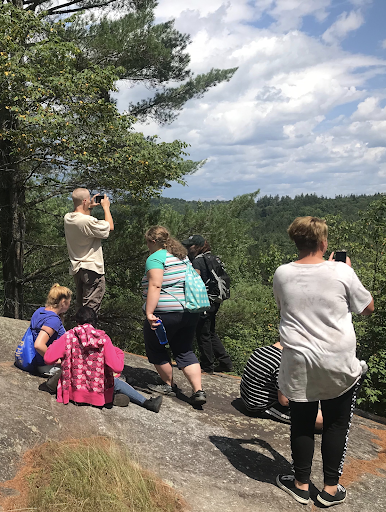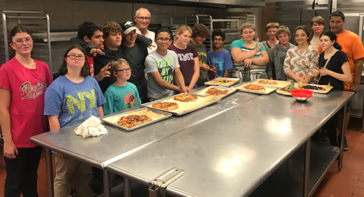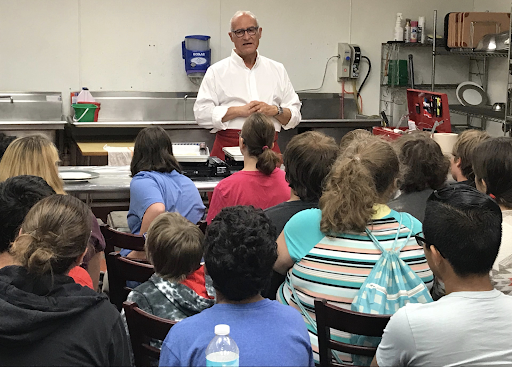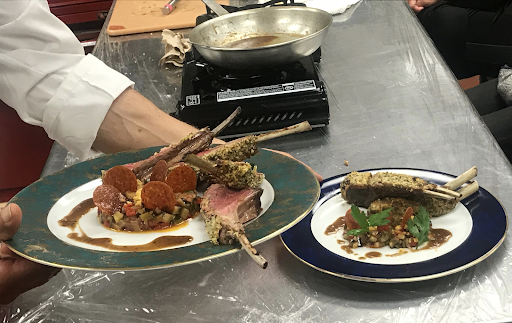Written by: Mark Ruddy, Adolescent Outreach Advocate/Program Advocate
This summer, the Northeast Migrant Education Program was able to offer a variety of exciting adolescent summer modules to all our middle and high school students. These programs are designed to provide students with glimpses into some of the college and career paths that will be open to them in the future.
The process for the summer modules actually begins in cold, bleak January, as our tutors administer surveys to all eligible adolescents in order to ensure that the module topics align with their interests. In addition to generating information on what areas students would like to explore in future modules, we also gather information on the previous year’s program. We want to know, for instance, what factors prevent students from attending modules so that we can work to remove all possible obstacles to participation.
The first module of the summer, which focused on Agriculture, brought students to two unique educational farms located in Canton, NY. Our first stop was at the Cornell Cooperative Extension Learning Farm, where students learned about and interacted with sheep, goats, cows, pigs, chickens, and ducks. A hoof-trimmer gave us a demonstration of his craft, we toured the farm’s sugar shack, and students learned how to churn cream into butter. As they guided students through a number of team-building and thought-provoking activities, our hosts highlighted the diverse careers connected to agriculture, such as computer technicians, nutritionists, and heavy equipment operators.

After lunch, we journeyed down the road to the St. Lawrence University Sustainability Farm. At this unique site, the resident staff and students showed our group a variety of ways in which sustainable agriculture can protect our natural resources for future generations. Students learned the importance of cover crops and the benefits of staggered pollinator gardens. They then helped plant both! The mobile chicken coops and goat pens demonstrated to students how thoughtful agriculture can enlist livestock to support and protect a farm’s plantlife.

Our second module, Forestry, brought us to Wanakena, home of the SUNY-ESF Ranger School. A guided campus tour was followed by a learning activity in the Arboretum, where students learned a variety of strategies for identifying common species of trees found in the Adirondacks. After lunch, we hiked to Cathedral Rock, climbing the classic fire tower found at the summit. In addition to enjoying stunning views, our budding naturalists were able to use their newfound skills to identify the types of trees found along the trail.

Our final module brought students to picturesque Paul Smith’s College, where they spent the day with Chef Bruno Neveu, the head of the Culinary Arts Department.

After a tour of the campus’s facilities, Chef Neveu treated students to a cooking demonstration, peppered with a wealth of tips, tricks, and trivia. Afterwards, students had the opportunity to sample the gourmet dish they had watched being prepared: roasted rack of lamb with ratatouille. Then, it was their turn to put on their chef’s hats, as they worked in groups to assemble customized pizzas using a variety of healthy and delicious ingredients.

Seeing our students broaden their horizons while engaging with new topics and skills is a truly fun and rewarding experience, and we know that both students and tutors are already looking forward to next summer’s adventures!

- Log in to post comments
